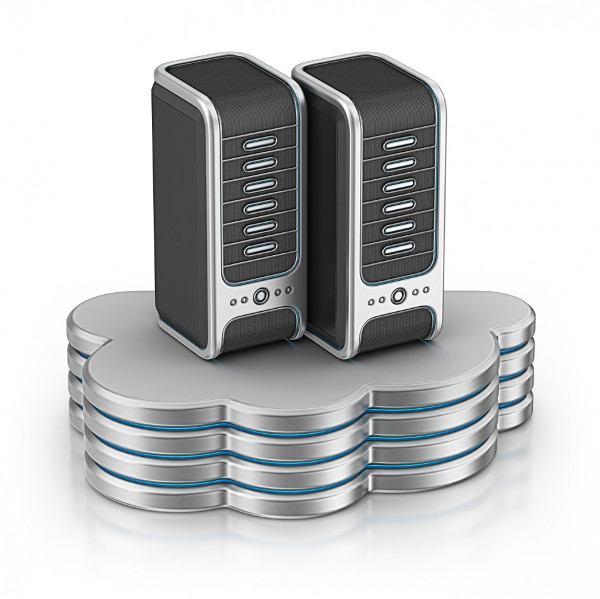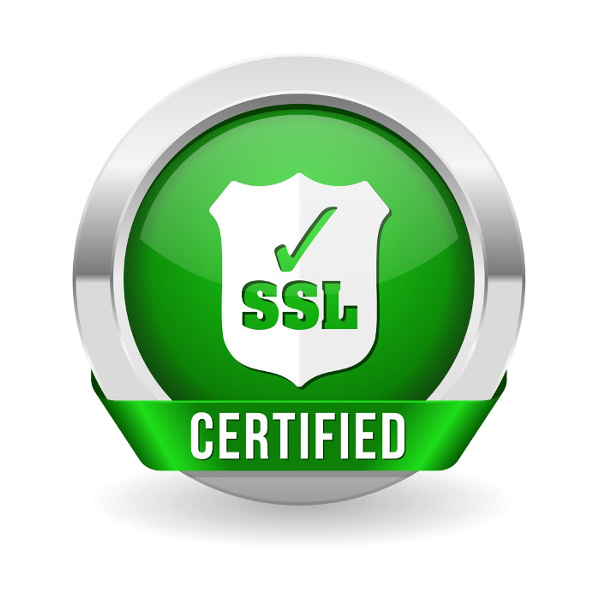
Infrastructure
The bindCommerce servers are hosted by a Cloud infrastructure with datacenters located in various European countries (Italy, France, Germany, Czech Republic and England) designed and built following the highest quality standards on the market.
The infrastructure is distributed on independent servers : each delivery host has its own database. The support team operates shifts and downsizing of the delivery servers according to the needs (quantity of products and orders, frequency of updating, etc. ..). For customers with special needs they can be dedicated for exclusive use.
Thanks to virtualization, the infrastructure adapts quickly following the company's growth.

Authentication
As regards the matter of systems integration, talking about authentication means both human machine authentication (i.e. user access control on the integration platform) and server to server authentication (i.e. access control to and from bindCommerce with integrated systems).
Authentication to and from integrated systems follows different logics based on the integration methodology used. When the dialogue takes place through API provided with the system with which we dialogue (as for most marketplaces and many eCommerce CMS), authentication is normally done through tokens (variable length key). For some systems, where the integration uses proprietary bindCommerce technologies, a double check is used: through access credentials, as well as checking if the call comes from a IP address contained in the white list of enabled customers.

Anti-intrusion, defense against hacker attacks
Every computer system connected to the Internet undergoes at least a dozen intrusion and hacking attempts every day, often automatic, i.e. conducted by robots that attempt to exploit the most common security holes, without a specific intention towards that particular site or system.
BindCommerce systems are defended on several fronts:
The system firewall manages the incoming and outgoing traffic on the servers, defining the closing or opening towards specific ports and IP addresses, as needed.
The Brute Force Protection module performs a check on multiple and unsuccessful access attempts, recording the users and IP addresses that made these attempts on a special blacklist, and preventing continuity of the attack.
A application firewall recognizes and blocks the most common intrusion attempts, including: SQL injection, Malicious User Agent and Remote File Inclusion.

Backup
The backup of the data is carried out daily, through a service located on a different datacenter (more than 500 km away).
The retention, i.e. the retention period of the backups ensures ample recovery possibilities even when the problem is not identified within a few days.
The technology used allows you to make backups of the database while it is in use, without slowing down the performance of the database itself.

SSL
Human-machine communications (those that take place via browser with the bindCommerce interface) are managed through the https protocol protected by a certificate issued by COMODO CA Limited, with the PKCS # 1 SHA- algorithm 256 with RSA encryption .
The SSL protocol is also used for communications via Web Services, ie those "server to server" between bindCommerce and connected services.

Data processing
As is known, the bindCommerce platform is of the SaaS type and the service is provided through servers on which customers' data pass and are saved.
bindCommerce will keep confidential and will give instructions to its staff, all the data and information it will have during the execution of the service. We undertake to use maximum care and maximum discretion according to the current regulations in relation to these confidential data.
By following the following link you can consult the information on the processing of personal data prepared according to GDPR.





